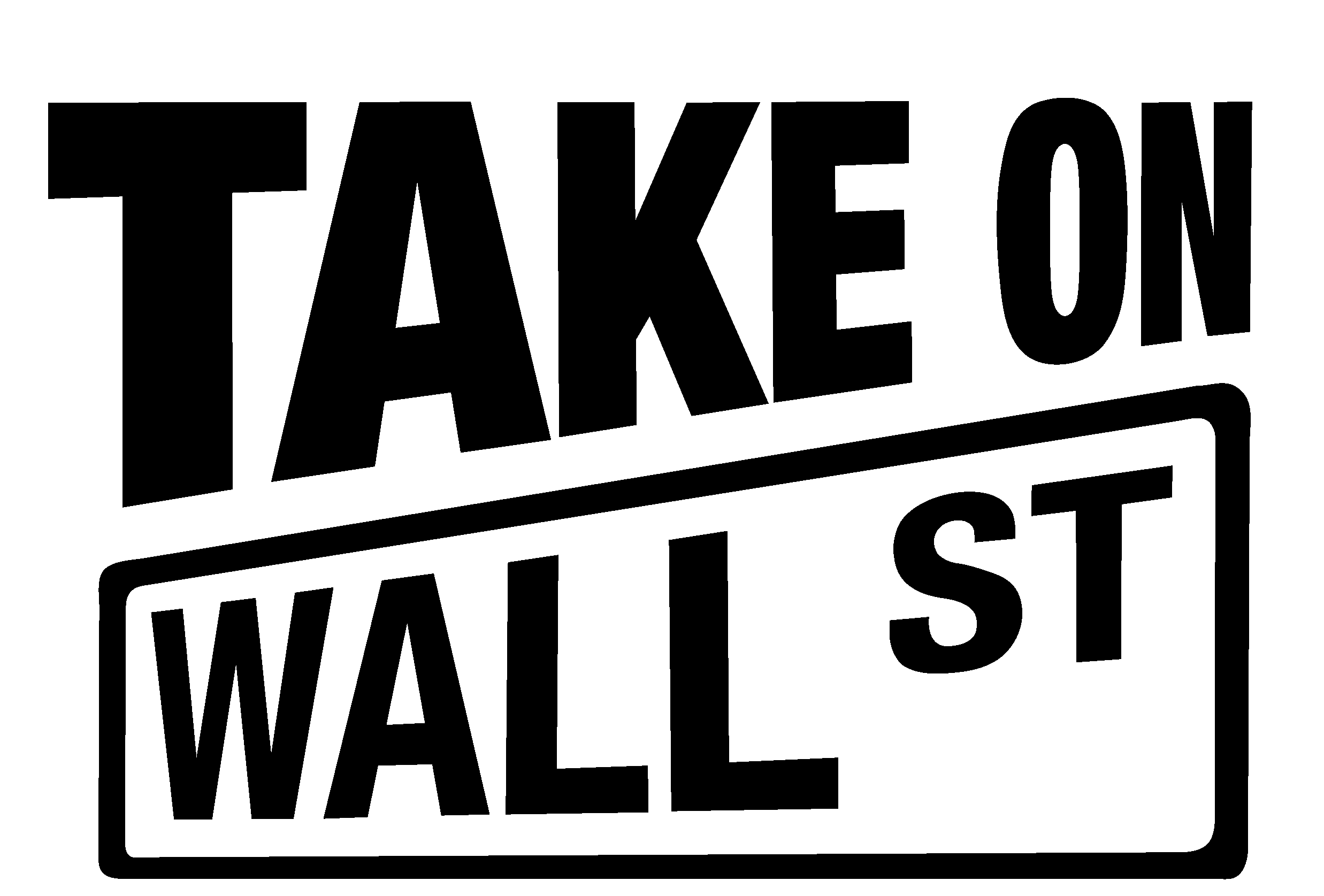This post was guest authored by Olivia Snow Smith.
Surveillance cameras are mounted all around Tiananmen Square in Beijing, China. Using those and the other 200 million cameras surreptitiously placed throughout the country, the Chinese government is privy to essentially all comings and goings of its citizens. The 200 million number does not include the glasses worn by Chinese police, equipped with state-of-the-art facial recognition technology.
Government surveillance in public areas is no longer particularly eyebrow-raising in itself. What is cause for alarm though, is that China is using surveillance technology to specifically target Muslims in the Western province of Xi Njiang, effectively making it a police state. This technology is funded in part by American private equity firms and banks.
Wall Street’s ugly connection to Islamophobia became increasingly evident in 2016. Some of the biggest financial backers of anti-Muslim politicians come from Wall Street and big banks. The second-largest donor to Rep. Steve King (R-Iowa), was the American Bankers Association. Besides being one of the most vocal backers of Executive Order 13769 (the Muslim travel ban), just last month he laughed at the ongoing genocide in Xinjiang during a town hall event in his district.
King’s bizarre description of the Xinjiang re-education camps is grossly understated. It makes what the government is doing seem comparable to something as banal as peer pressure. On the contrary, China is enacting a cultural genocide, the likes of which hasn’t been seen since the American Indian boarding schools of the early 20th century. The UN says that 1 million minority Muslims (mostly ethnic Uighurs) have been imprisoned without charges or trial in detention facilities throughout Xinjiang. China officially refers to these internment camps as “compulsory re-education centers”. Detainees are banned from speaking their traditional language of Uighur and are exposed daily to hours of Communist and anti-Muslim propaganda. They are forced to drink alcohol and eat pork, which is strictly forbidden in Islam. Torture is not uncommon, and women are systematically sterilized. It should go without saying that the detainees are monitored 24/7. That is where American private equity firms come in.
Of all the surveillance technology used in Xinjiang, the products of the artificial intelligence company, SenseTime, are the most abundant. SenseTime’s facial recognition technology uses characteristics like skin tone and face shapes to sort through images captured by cameras or camera-equipped glasses. SenseTime has a unique feature which allows Chinese police to adjust the settings to target figures with darker complexions, which are generally possessed by Uighurs. The technology also can be used to flag people wearing hijab. SenseTime is valued at more than $4.5 billion. In a $600 million round of funding last year, Silver Lake Partners Strategies invested the most of any private equity firm and was the only Western private equity firm to invest at all.
Silver Lake Partners is headquartered in San Francisco, and its other American office is in New York City. Like many private equity firms, Silver Lake Partners is no stranger to questionable ethics. They were among a dozen other private equity firms subpoenaed by former New York state attorney general Eric Schneiderman. They were part of a probe into whether these firms were practicing what is known as a “management fee waiver.” A management fee waiver is the illegal practice of converting standard management fees to shares of a fund’s future profits. Management fees are taxed as normal income, but shares of future fund profits are taxed at a lower rate.
Silver Lake Partners is not the only American Financial Institution involved with Xinjiang surveillance. Chinese police supplement SenseTime with Hikvision, whose North American branch is is funded by the banking behemoth Citibank. Hikvision is the world’s largest supplier of surveillance equipment. Hikvision has at least five security-related contracts in Xinjiang, totaling almost $300 million American dollars. There are tens of thousands of Hikvision cameras throughout Xinjiang.
Hikvision has not been allowed to sell to U.S. federal government agencies since August 13 after an incriminating United Nations report. The U.S. is considering a blacklist of Hikvision and other unidentified Xinjiang-affiliated companies from doing business with American institutions. It is not clear whether SenseTime is included among those institutions, but the blacklist would certainly force CitiBank to sever its relationship with Hikvision.
In 2006, the United Nations made it illegal to do business with North Korea – arguably the most infamous police state in the world. Although lesser known than North Korea, Xinjiang is another police state nonetheless. While it is technically legal (for now) to sell products specifically to be used in Xinjiang, it is still unconscionable. Ethics must always come before the pursuit of profits. By financing companies supplying technology to be used for the express purpose of depleting an entire religious group, a private equity firm is complicit in genocide, a new low even in this predatory industry.

Leave a Reply